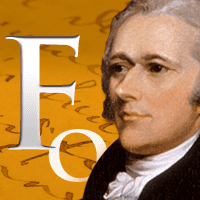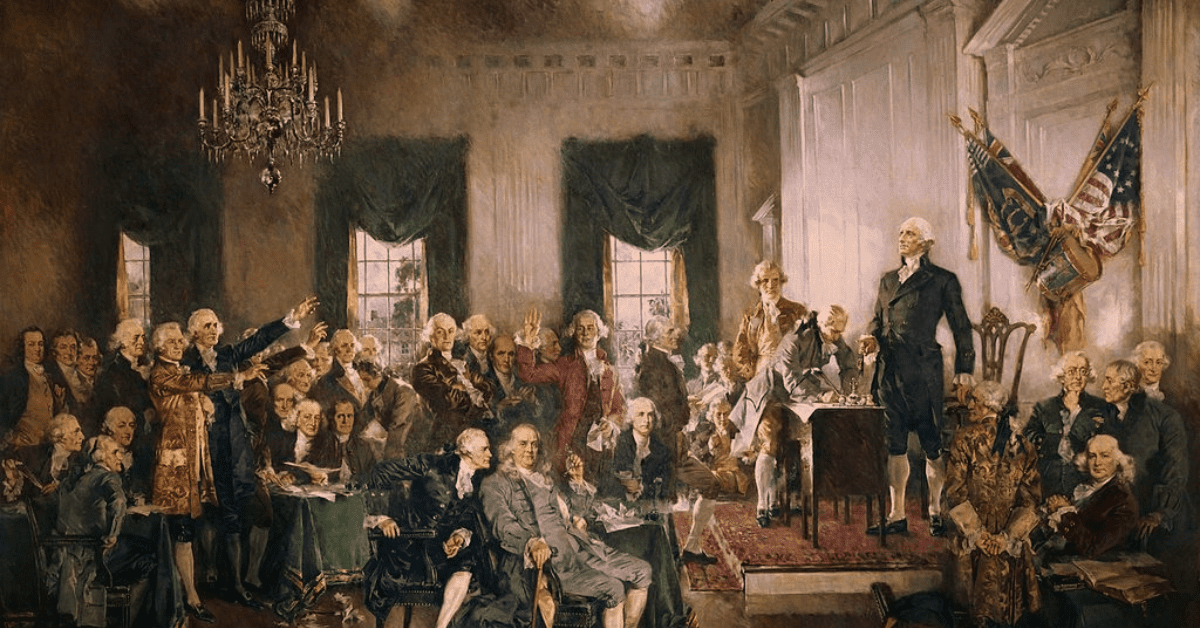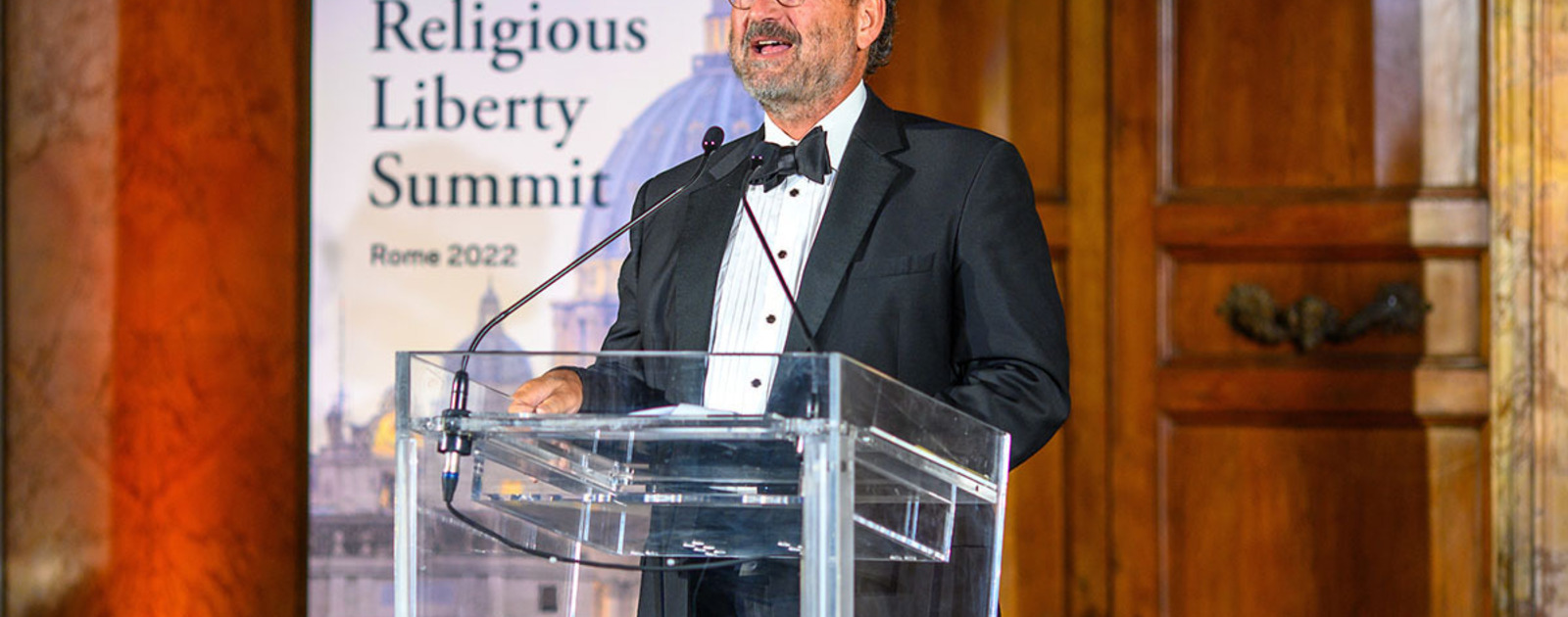Please, read your own link.
Because of a joint resolution of Congress calling for the records of the convention to be gathered and published, Madison had been asked in 1818 by John Quincy Adams, then Secretary of State, to turn over his notes. Madison had refused. He said that he did not want them to be used in public debates then ongoing over the powers of the judiciary and whether and how to limit slavery. He told Adams he did not want his account published until after his death.
Adams continued collecting all the information about the convention he could. He acquired the “journal” of the convention—a record kept by
William Jackson, who was tasked to keep minutes of those who attended and of votes taken. Adams also acquired the notes of New York delegate
Robert Yates and South Carolina delegate
Charles Pinckney. He compiled and published these records as the
Journal, Acts, and Proceedings of the Convention . . . which Formed the Constitution of the United States in 1819. (Later, in the mid-19th century, historian Jonathan Elliott combined these records, along with various letters commenting on the convention and the records of debates in several state ratifying conventions, and published them in a five-volume set.) When Adams’ compilation was published, Madison of course read through it. He used Jackson’s journal to check his own record of the dates and results of votes taken at the convention. Yates’ notes were incomplete since Yates left the convention in early July. Pinckney’s account appalled Madison. It altered the chronology of decisions, moving discussions that took place after a first draft of the Constitution was written to the discussions of June and early July. Madison wanted to give posterity a truer account.
He left his corrected manuscript to Dolley Madison, hoping she could arrange with Congress to have it printed. Dolley arranged for Madison’s
Debates to be published with his other papers. Congress assigned the task to the State Department, where Henry Gilpin took charge, publishing Madison’s papers in 1840.
Although Madison said he did not want his account of the founding to become part of the political controversies of the early 19th century, that is what happened.



